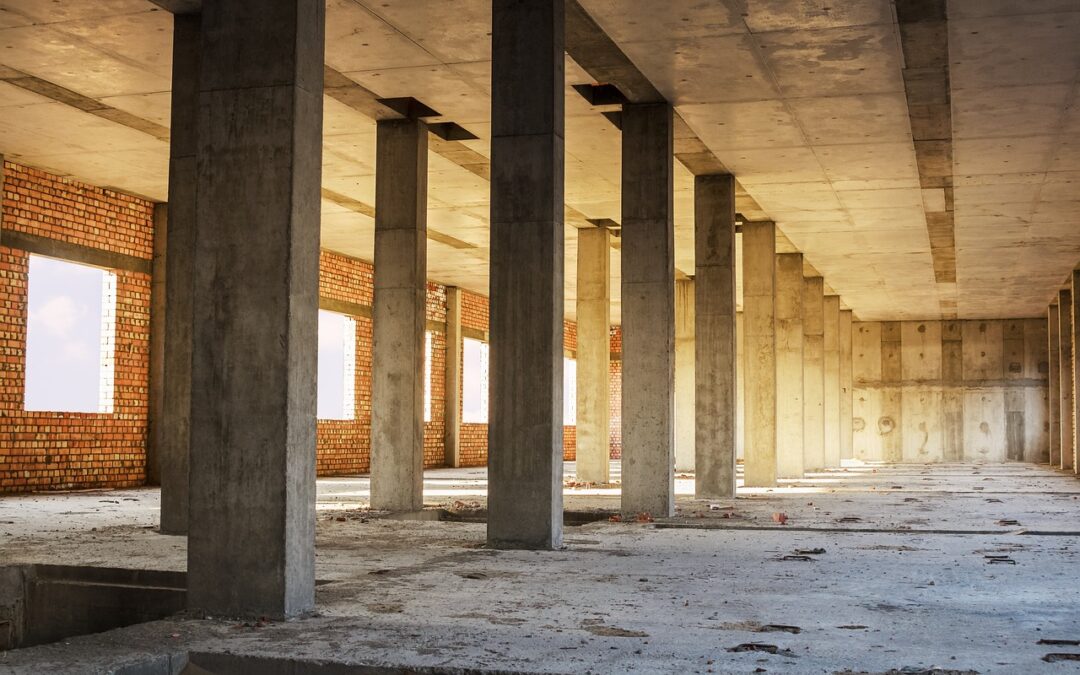TL;DR: Concrete foundation inspections and assessments are crucial for ensuring the structural integrity and longevity of your home. By identifying potential issues like cracks, settlement, and moisture intrusion, you can take proactive steps to avoid costly repairs and maintain the value of your property.
Contents
- 1 Understanding Concrete Foundation Inspections and Assessments
- 2 Types of Concrete Foundation Inspections
- 3 Signs of Concrete Foundation Problems
- 4 Causes of Concrete Foundation Problems
- 5 Benefits of Regular Inspections and Assessments
- 6 What to Expect During an Inspection
- 7 How to Choose a Qualified Inspector
- 8 Conclusion
Understanding Concrete Foundation Inspections and Assessments
As your home’s foundation is its backbone, it’s essential to have it regularly inspected and assessed to ensure its strength and stability. Concrete foundation inspections involve a thorough examination of the foundation’s visible elements, such as walls, floors, and beams, to identify any signs of damage or deterioration. Assessments go a step further by using specialized tools and techniques to evaluate the foundation’s overall condition and bearing capacity.
Types of Concrete Foundation Inspections
There are two main types of concrete foundation inspections:
- Visual Inspection: Involves a thorough examination of the foundation’s visible components to identify cracks, settling, efflorescence, spalling, or any other abnormalities.
- Structural Inspection: Utilizes specialized tools and techniques to assess the foundation’s structural integrity, bearing capacity, and potential movement.
Signs of Concrete Foundation Problems
Some common signs that may indicate a problem with your concrete foundation include:
- Cracks in the foundation walls or floors
- Settling or sinking of the foundation
- Efflorescence (white or crystalline deposits on the foundation surface)
- Spalling (flaking or chipping of the concrete surface)
- Bowing or bulging of the foundation walls
- Doors or windows that stick or are difficult to open/close
Causes of Concrete Foundation Problems
Concrete foundation problems can arise due to various factors, including:
- Soil movement due to expansion or contraction from moisture or temperature changes
- Poor soil compaction during construction
- Inadequate drainage around the foundation
- Overloading of the foundation with excessive weight
- Water seepage or leaks that weaken the concrete
Benefits of Regular Inspections and Assessments
Regular concrete foundation inspections and assessments offer several benefits, such as:
- Early detection of potential problems, allowing for timely repairs and cost savings
- Increased peace of mind knowing that your home’s foundation is in good condition
- Maintaining the value of your property by addressing issues before they become major problems
- Avoiding costly structural damage that can threaten the safety and stability of your home
What to Expect During an Inspection
During a concrete foundation inspection, a qualified inspector will typically:
- Inspect all visible components of the foundation, including walls, floors, and beams
- Check for signs of cracks, settlement, efflorescence, or spalling
- Assess the drainage system around the foundation
- Evaluate the soil conditions around the foundation
- Document any findings and provide a report with recommendations for repairs or further assessment if necessary
How to Choose a Qualified Inspector
When selecting a concrete foundation inspector, look for someone who:
- Is licensed and insured
- Has experience in inspecting concrete foundations
- Uses specialized tools and techniques
- Provides a detailed report with clear recommendations
- Is willing to answer your questions and explain their findings
Conclusion
Concrete foundation inspections and assessments are essential for maintaining the structural integrity and longevity of your home. By having your foundation regularly inspected and assessed, you can identify potential problems early on, take proactive steps to address them, and ensure the safety and value of your property.

